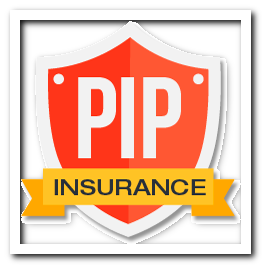 Courtesy of iii.org
Courtesy of iii.org
The Florida Legislature is again looking at ending no-fault auto insurance in Florida. Sound familiar? Tweaking no-fault (also known as personal injury protection PIP) is a frequent topic for legislative debate.
You may recall a fix to fight no-fault fraud came in 2012. Regulators issued a report in 2015 that said the fix appeared to be working. Regardless, it seems the desire to do something about rising auto insurance rates may be driving the desire to abolish no-fault. Florida is one of 12 states with a no-fault law. Proponents say it allows those injured in a car crash to recover costs for medical treatment under their own insurance policy, without needing to determine who is at fault for the accident. Among the proponents are hospitals, which say about one-third of the people they treat for auto injuries only have no-fault coverage. Critics discount that view, saying no-fault duplicates coverage that most people already have with medical insurance.
What will replace no-fault/PIP if the legislation becomes law? A requirement for bodily injury coverage, which applies to injuries you as a driver cause to someone else. This may cost more than no-fault coverage for some people. With this change, the Legislature is also considering raising the compulsory financial responsibility limits. Any time most people hear the word “raising” they think it might cost more money, and it might but here’s the other side of that:
Florida has the lowest financial responsibility requirement of any U.S. state. That means we set the bar very low for the responsibility drivers have if they cause a car crash with injuries. And, the end result is that too many people are not fully compensated, so while they are trying to recover physically from injuries caused by another, they may also be suffering financially. Raising that bar is about accountability.
A reminder: Insurance of any type (auto, home, health, business) is about protecting your assets. Always, always (always!) make sure you have insurance equal to the total value of the assets you own.



